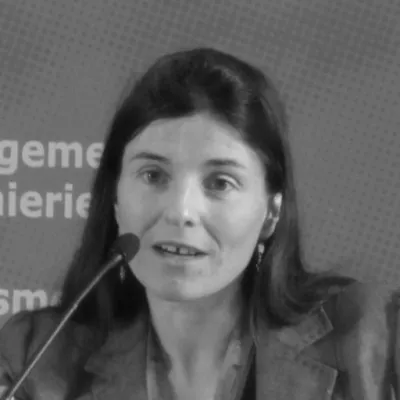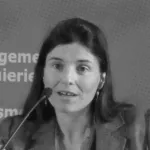Can tourism favor women empowerment in traditional villages? The case study of Bali and Java (Indonesia)
Sylvine Pickel-Chevalier, Kadek Wiweka, Putu Ratih Pertiwi. Can tourism favor women empowerment in traditional villages ? The case study of Bali and Java (Indonesia). 7th Edition: Global Congress on Gender and Sexuality Studies, Gender and Sexuality Studies, Mar 2025, San Franscico, CA, United States. ⟨hal-04988595⟩
Gender equality is one of the seventeen Sustainable Development Goals proposed at the 2015 U.N. Sustainable Development Summit. Yet the second edition of the Global Report on Women in Tourism (UNWTO, 2019) reinforced concerns about tourism's ambiguous effect on gender equality. Even if women are predominant within the tourism sector at an international scale, subtle forms of discrimination continue to disadvantage women in their careers. Tourism thus becomes a stimulating laboratory in which to study gender relations today, notably in patriarcal societies. The objective of this work is to examine the capacity of tourism to promote women's individual and collective empowerment within professional, family and community arenas, in traditional villages in Bali and Java. We build an intercultural approach based on the collaboration between French and Indonesian researchers. We adopt a structuralist constructivist approach and employ a qualitative method. We interviewed, from november 2021 to november 2024, 44 stakeholders (homestay and restaurant owners, head of administrative village, head of traditional village, head of tourism committee), among them 22 women and 22 men, in 5 tourist villages: Ubud and Blimbingsari (Bali) and Nglanggeran, Pentingsari and Samiran (Yogyakarta province in Java). Our results tend to demostrate that tourism favor individual and collective empowement of women. Growing numbers of them have become business owners, even if in micro-business. The chance to bring in income has elevated women’s significance and self-esteem within their communities, where their opinions have become more valued. In minority, women may even have a leadership role in the tourism management of the village. Definitly gender biais stay, especially in traditional community in which women remain under men's authority, but tourism favor structural changes in profesionnal and family arenas.
Gender equality is one of the seventeen Sustainable Development Goals proposed at the 2015 U.N. Sustainable Development Summit. Yet the second edition of the Global Report on Women in Tourism (UNWTO, 2019) reinforced concerns about tourism's ambiguous effect on gender equality. Even if women are predominant within the tourism sector at an international scale, subtle forms of discrimination continue to disadvantage women in their careers. Tourism thus becomes a stimulating laboratory in which to study gender relations today, notably in patriarcal societies. The objective of this work is to examine the capacity of tourism to promote women's individual and collective empowerment within professional, family and community arenas, in traditional villages in Bali and Java. We build an intercultural approach based on the collaboration between French and Indonesian researchers. We adopt a structuralist constructivist approach and employ a qualitative method. We interviewed, from november 2021 to november 2024, 44 stakeholders (homestay and restaurant owners, head of administrative village, head of traditional village, head of tourism committee), among them 22 women and 22 men, in 5 tourist villages: Ubud and Blimbingsari (Bali) and Nglanggeran, Pentingsari and Samiran (Yogyakarta province in Java). Our results tend to demostrate that tourism favor individual and collective empowement of women. Growing numbers of them have become business owners, even if in micro-business. The chance to bring in income has elevated women’s significance and self-esteem within their communities, where their opinions have become more valued. In minority, women may even have a leadership role in the tourism management of the village. Definitly gender biais stay, especially in traditional community in which women remain under men's authority, but tourism favor structural changes in profesionnal and family arenas.












